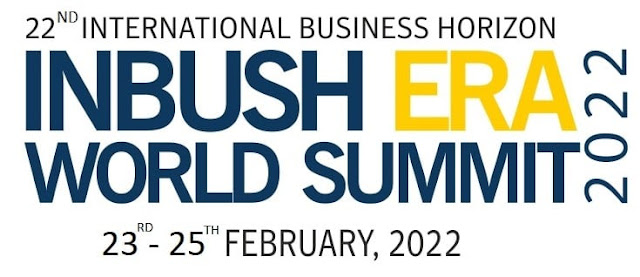Known for the truth and reconciliation processes that followed Apartheid, South Africa has been a font of experience and acquired wisdom about the role of transparency and truth in redressing mass atrocity. In this book, released in the fall from Bristol University Press, the South African editors compiled and co-authored some of the best and latest thinking and reflection on the function and debated efficacy of apology.
This is the précis.
There has recently been a global resurgence of demands for the acknowledgement of historical and contemporary wrongs, as well as for apologies and reparation for harms suffered. Drawing on the histories of injustice, dispossession and violence in South Africa, this book examines the cultural, political and legal role, and value of, an apology. It explores the multiple ways in which "sorry" is instituted, articulated and performed, and critically analyses its various forms and functions in both historical and contemporary moments. Bringing together an interdisciplinary team of contributors, the book's analysis offers insights that will be invaluable to global debates on the struggle for justice.
Even setting aside mass atrocities such as Apartheid, the theory of apology has resonance in tort law. "Apology laws" in the states seek to render apologies inadmissible as evidence in later litigation, especially in medical malpractice. Proponents posit that apology aids in healing and even averts litigation. That premise, and the efficacy of apology laws, is much studied and debated.
 |
| A masked Prof. Smythe previews the book at the annual meeting of Law and Society in Lisbon, Portugal, in July 2022. RJ Peltz-Steele CC BY-NC-SA 4.0 |
Professor Sindiso Mnisi Weeks, a valued colleague at UMass Boston who generously has participated in my comparative law class in the past, contributed the chapter, "In Pursuit of Harmony: What is the Value of a Court-Ordered Apology?" University of Wisconsin constitutional comparatist Professor Heinz Klug authored, "Amnesty, Amnesia, and Remembrance: Self-Reflections on a 23-Year-Old Justification." Among all of the chapters, I especially appreciated the heart-rending history "On Not Apologising: Winnie Madikizela-Mandela and the TRC Hearing into the Mandela United Football Club" by Canadian Professor Shireen Hassim.
Abstracts of all chapters and the book's front matter are available at Bristol University Press Digital.





.jpg)



